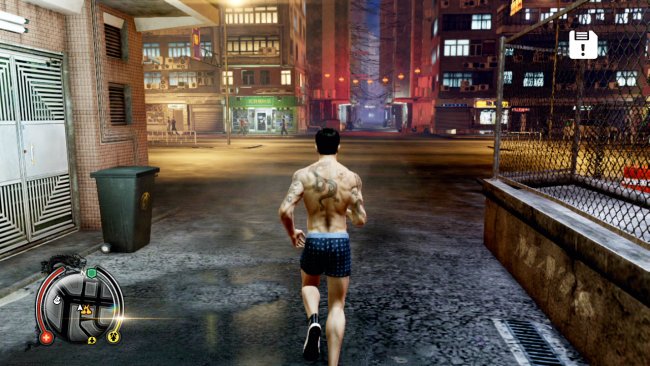

Everything else can be found somewhere in the GTA playbook. Its gravity-defying foot chases borrow heavily from Mirror’s Edge, its beat-up-everyone melee combat reeks heavily of the newer Batman games, and its slow-motion gunplay is straight out of Max Payne. There’s very little about Sleeping Dogs’ action that isn’t cribbed directly from another game. The range of crimes available to Wei Shan is surprisingly wide, however: Within just a few hours of play I’d found myself participating in acts as diverse as cockfighting and insurance fraud. For a man so divided, Wei Shan’s day-to-day life is surprisingly simple, consisting entirely of driving around a fictionalized version of Hong Kong and committing crimes. Like every undercover cop ever profiled in a work of fiction, Wei Shan grows attached to the people he’s trying to prosecute, and eventually feels torn between the badge and staying true to the game. Sleeping Dogs tells the story of Wei Shan, an undercover cop trying to bring down the Sun On Yee, an organized crime syndicate. Sleeping Dogs capably fills that void, albeit without much gusto or practically any of the soul exhibited in the games or films that inspired it. By now, it’s a pretty straightforward formula: Take a famous location, find a few violent movies that were set there, and use the resulting aesthetic as the basis for an “open-world action game.” (A term invented because it would be untoward to use the phrase “ Grand Theft Auto 3 clone” in a press release.) As unlikely as it sounds, until now there had yet to be an “open-world action game” with a Hong Kong/early-John Woo motif.


 0 kommentar(er)
0 kommentar(er)
